Description
The full name of concrete penetrant (JFC) is a fatty alcohol polyoxyethylene ether, which is a nonionic surfactant. As the name suggests, penetrants are osmotic, and are substances that have a fixed hydrophilic and lipophilic group, can be aligned on the surface of the solution, and can significantly reduce the surface tension.
Penetrant application range
Industrial floor, workshop floor, supermarket floor, race for the ground, concrete parking lot, concrete highway, airport run, concrete bridge, concrete pier, concrete wall, stadium, all concrete or cement mortar The place of the grassroots.
Floor penetrants meet the standards:
1) Abrasion resistance: Floor penetrants can solidify various components of concrete into a hard body, increasing hardness and compactness. After being cured by using a polyamide epoxy resin, the abrasion resistance is increased to 6 or more.
2) Hardening: After treatment with the floor penetrant, the Mohs hardness is >8, and the Mohs hardness is increased by 33.3%.
3) Impermeability: The floor penetrant can effectively penetrate into the concrete and chemically react with it, lock the pores inside, and have a permanent sealing effect on the concrete surface, which can effectively inhibit water, oil and other surface dirt. Enter the concrete.
4) Environmental protection: Floor penetrant is a kind of concrete seal, dustproof and wear-resistant hardener. It is colorless, odorless, non-toxic and non-combustible. It can make concrete concrete and dustproof; it can prevent moisture and oil from penetrating and alkali. Chemicalization, weathering, etc.
5) Dust-proof: The floor penetrant chemically reacts with the salt in the concrete to form a dust-free, dense whole on the concrete surface, permanently preventing the concrete dust from being separated from the surface voids.
6) Compressive pressure: The compressive strength of the treated sample was 27.3% higher than that of the untreated sample. The compressive strength is increased by more than 3 times.
7) Maintenance: The floor penetrant can penetrate into the concrete surface to form an anti-seepage seal that reduces surface water loss to ensure adequate and uniform maintenance.
8) Weathering resistance: UV and water spray have no adverse effects on the treated sample. Can effectively prevent the passage of ions. Tests have shown that treated ground is not affected by exposure to electromagnetic fields or water mist.
9) Chemical resistance: After the treatment of the floor penetrant, the chemical resistance of the concrete is greatly improved.
10) The gloss does not slip: the concrete floor treated by the floor penetrant will have a marble-like luster, and the longer the gloss, the better the gloss. And it does not slip. On the general concrete floor, the saline and alkali components will precipitate from the surface, causing slippage. The floor penetrant is different on the ground. It forms a strong, dense whole on the concrete surface, and the salt and alkali components do not precipitate from the surface.

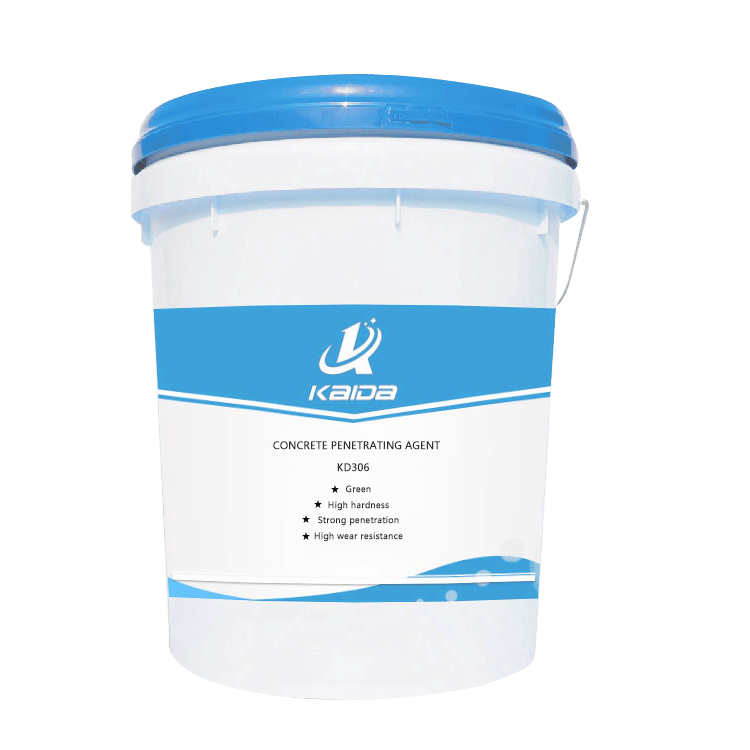
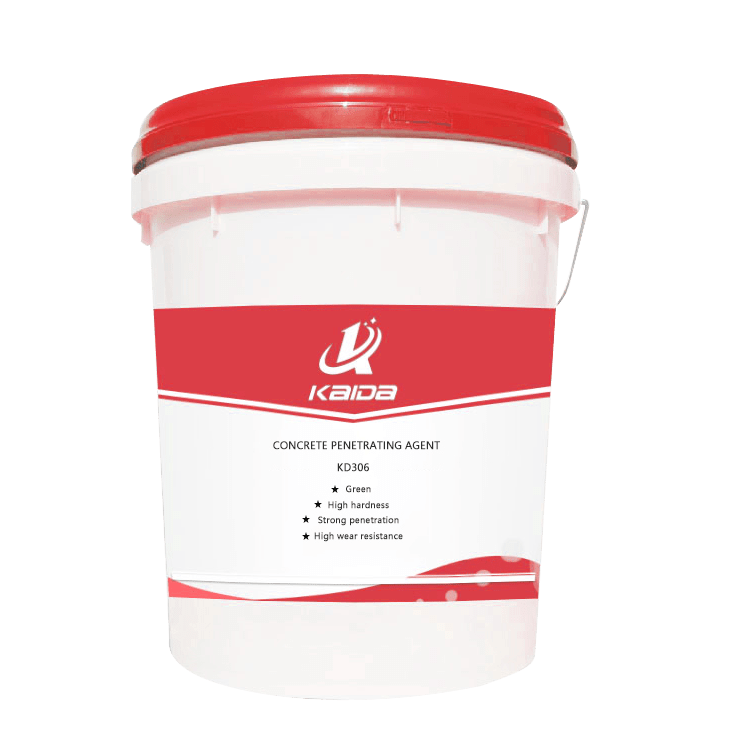
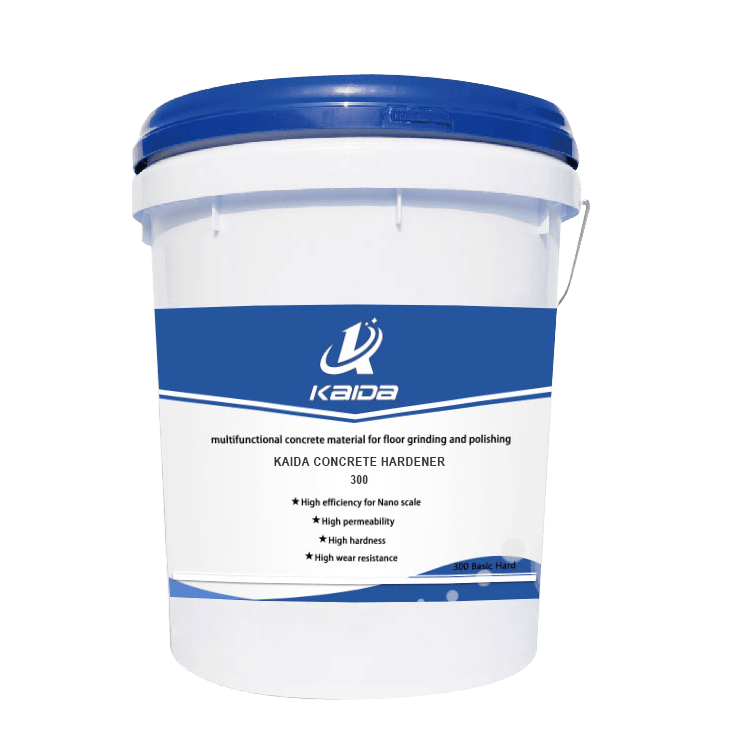
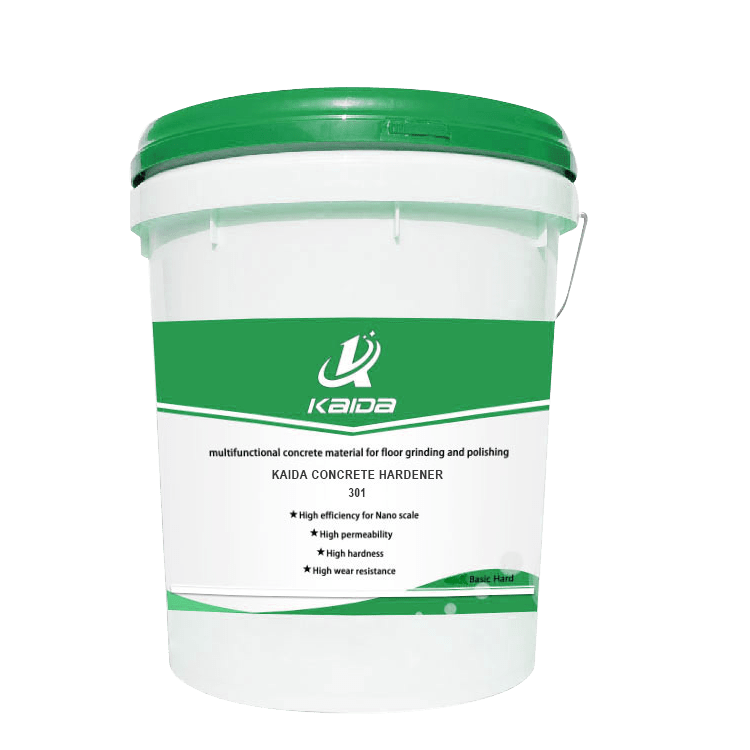
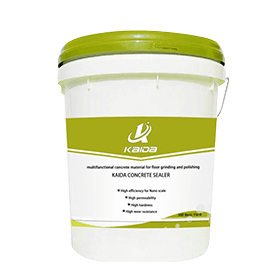
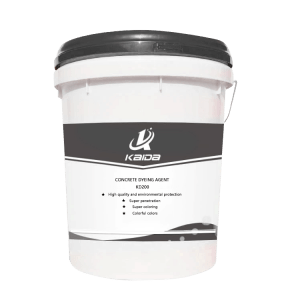
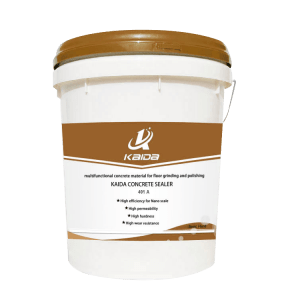
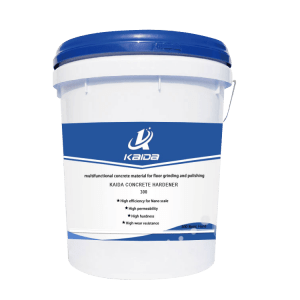


Reviews
There are no reviews yet.